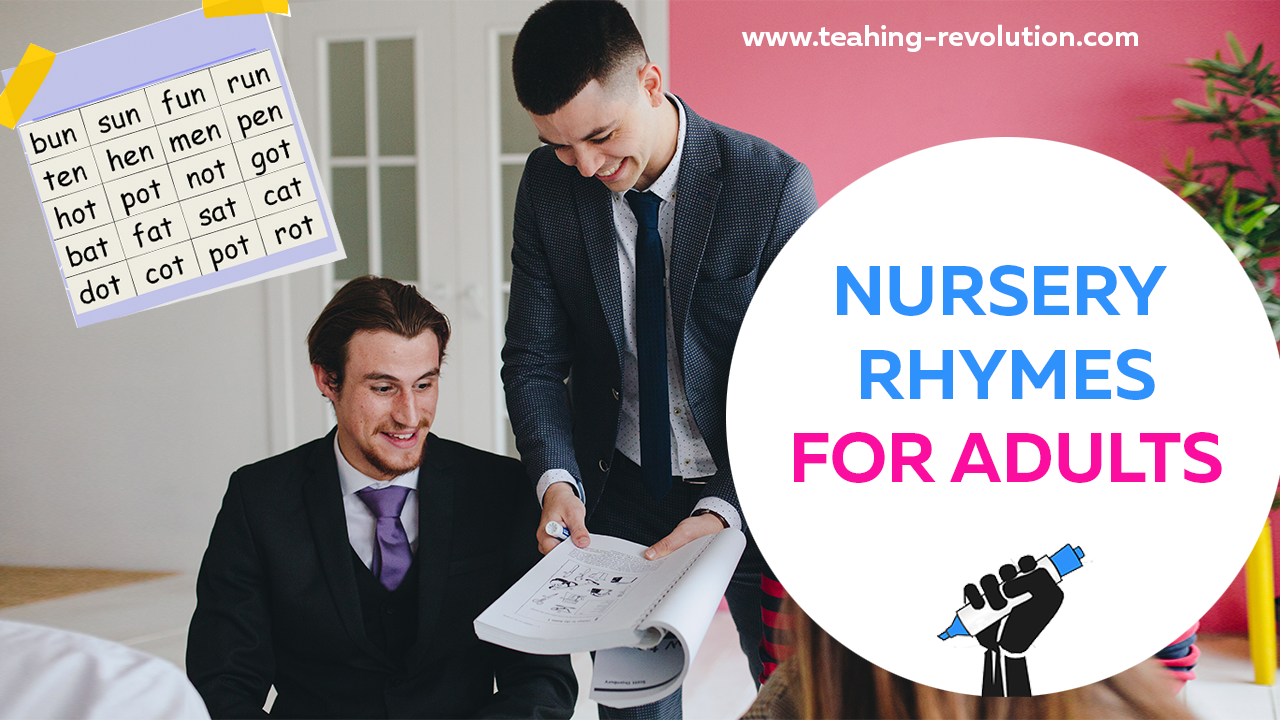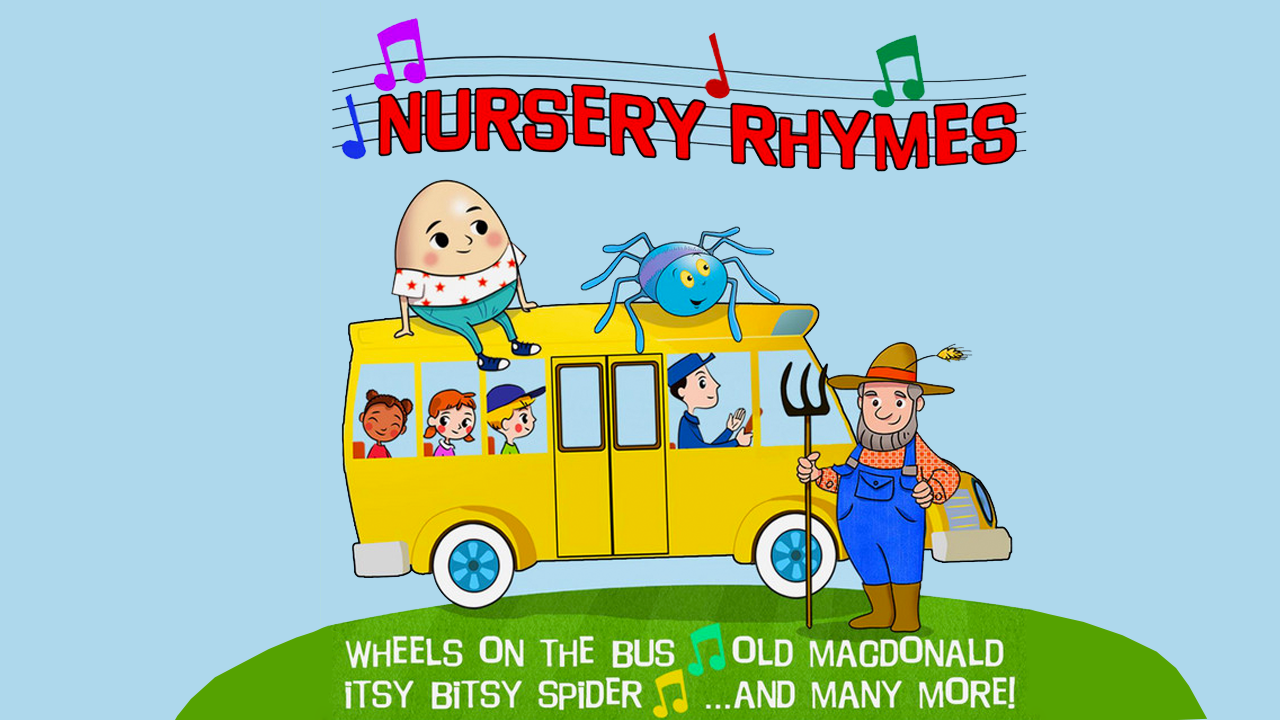Nursery Rhymes for Adults

A Commentary on "Nursery Rhymes Are for Adults" by Glenn G. Dahlem, Ph.D.
Intro to the article

The doctor begins his explanation of nursery rhymes by bringing us back to what they really are to native speakers, a nostalgic look at our early childhood. When we first learn nursery rhymes we are small children they're fun tales or short songs that we learn that give our minds a small work-out that's fun. He does point out two of the practical uses of nursery rhymes for children, they build vocabulary for older English speakers and help people who are new to the language get used to the language.
The Exercise

I'd be lying if I said that the exercise wasn't somewhat challenging, I really had to think about these old nursery rhymes. I'm not saying that I cheated by using the answer key just below the exercise, but I will say that the temptation was certainly there. With that being said, the exercise gives the reader a unique point of view on the utility of these nursery rhymes. Words that we use in the nursery rhymes, and how they apply to tasks that we can still do today are made more evident. One example would be the Residential Construction answer for The Three Little Pigs because the pigs use different building materials which offer differing degrees of protection from the wolf, and so what we see described in this story is an emphasis on the quality of building materials used.
On Origins and Transformation

The article then begins to map out where different linguistic traditions come into play, and how they relate to vocabulary as a whole. This was a little more in-depth than expected as the doctor makes a transition from a talk that is partly psychological and into the linguistic, a turn that in hindsight is entirely warranted. He begins to talk about names and how they differ while still keeping similar roots. He also goes into how words change with the migration of people and their history, citing such examples of how the word "dog" in German transformed into the English word "hunt."
Conclusion

This article has two benefits for ESL teachers, the first being that it makes sense of using nursery rhymes to teach adults. There is an intellectual explanation for doing so, and I feel like this article does a great job of outlining the value that nursery rhymes have in our language. The second benefit that this article has is the mature discussion around that value I just mentioned, but in a way that expands our understanding of these nursery rhymes and the value that they have surrounding our history. With this extra information in mind, readers of this article will have a deeper understanding of nursery rhymes and can discuss them in-depth for more curious students.

